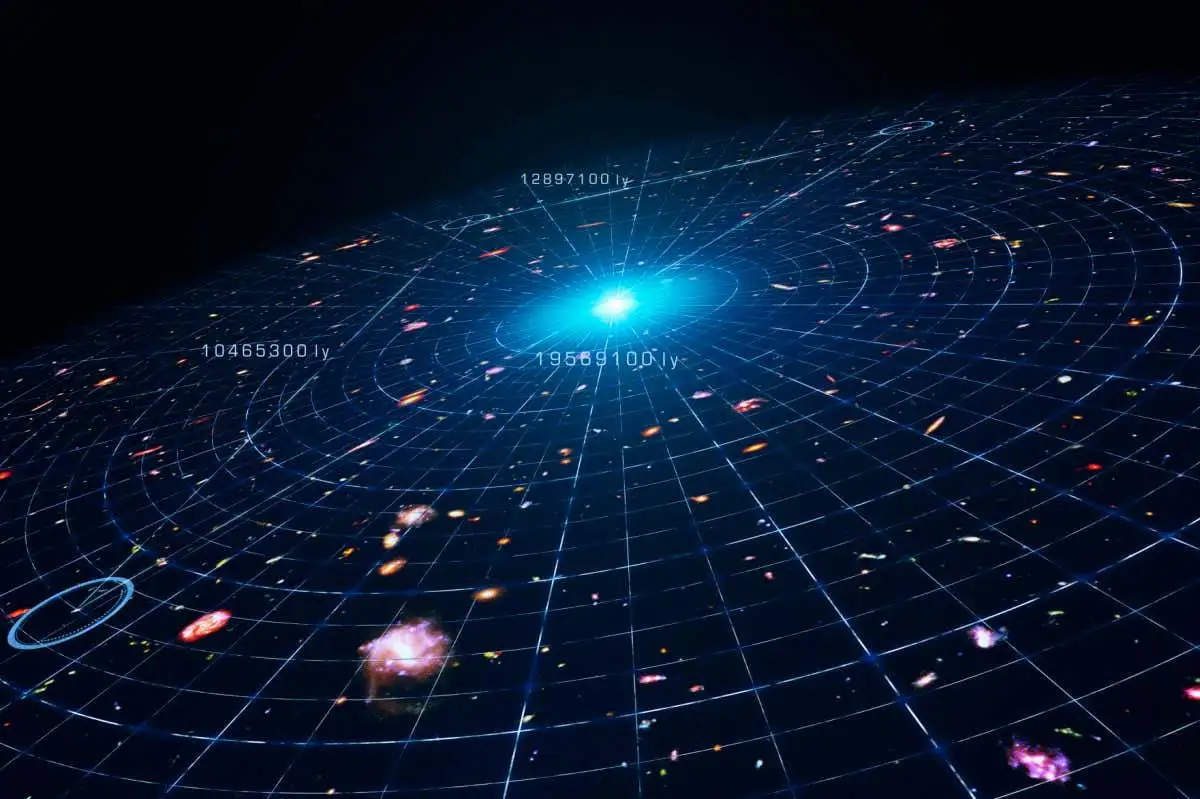The concept of Paradox has fascinated scientists, philosophers, and curious minds for centuries. From the mysteries of time and space to the intricacies of logical reasoning, paradoxes challenge our understanding of reality. “The Universe Episodes” explores some of the most intriguing paradoxes in the cosmos, offering viewers a journey into the perplexing and often counterintuitive nature of the universe. By combining stunning visuals with clear explanations, the series illuminates the ways paradoxes help us explore the limits of knowledge and the mysteries of existence.
Understanding Paradox in Science and Philosophy
A Paradox arises when a situation defies intuition or presents a contradiction that cannot be easily resolved. In science and philosophy, paradoxes often highlight limitations in our understanding or expose hidden complexities in seemingly simple concepts. “The Universe Episodes” explains that paradoxes are not just intellectual curiosities—they play a vital role in advancing knowledge. By confronting these contradictions, scientists and thinkers are forced to refine theories, question assumptions, and develop new frameworks for understanding reality. The series shows that exploring a Paradox can reveal profound truths about the universe.
Time Travel and Temporal Paradoxes
Time travel is one of the most captivating areas where a Paradox emerges. The series examines temporal paradoxes, such as the famous “grandfather paradox,” where a traveler going back in time could potentially prevent their own existence. “The Universe Episodes” demonstrates how such paradoxes challenge our conventional understanding of causality and time. These examples show that a Paradox is more than a thought experiment; it reveals the complex relationships between past, present, and future. By exploring temporal paradoxes, viewers gain insight into the limitations of our intuition when confronting the fabric of space-time.
Paradoxes in Space and Cosmology
The universe itself presents numerous paradoxes that stretch the imagination. The series highlights cosmic paradoxes, such as Olbers’ paradox, which questions why the night sky is dark despite the infinite number of stars. Another example is the Fermi paradox, which asks why we have not yet encountered extraterrestrial life despite the high probability of its existence. “The Universe Episodes” explains that these paradoxes are critical for understanding the structure, evolution, and vastness of the universe. Each Paradox challenges us to consider not only what we observe but also the limitations of our observational methods and scientific models.
Logical Paradoxes and Thought Experiments
Beyond the physical universe, logical paradoxes provide fascinating puzzles for the mind. “The Universe Episodes” explores famous examples like the liar paradox, where a statement declares itself to be false, creating a loop of contradiction. Logical paradoxes demonstrate the boundaries of language, reasoning, and formal systems. By examining these intellectual challenges, the series shows that a Paradox can stimulate critical thinking, encourage problem-solving, and deepen our appreciation for the complexity of knowledge. These thought experiments reveal that paradoxes exist not only in the cosmos but also within human reasoning itself.
Quantum Paradoxes and the Nature of Reality
At the quantum level, paradoxes become even more perplexing. “The Universe Episodes” delves into quantum paradoxes such as Schrödinger’s cat, where a particle or system can exist in multiple states simultaneously until observed. These paradoxes challenge classical notions of reality and force scientists to rethink the fundamental principles of physics. By exploring quantum paradoxes, the series demonstrates how a Paradox is essential for understanding phenomena that defy everyday experience. Quantum paradoxes reveal the strangeness of the universe and the limits of human intuition in comprehending its underlying laws.
The Role of Paradox in Scientific Discovery
Paradoxes have historically driven scientific progress. When a paradox appears, it often signals a gap in understanding or a flaw in existing theories. “The Universe Episodes” illustrates how paradoxes have led to groundbreaking discoveries, from the theory of relativity to quantum mechanics. By confronting a Paradox, scientists are compelled to explore new models, test assumptions, and refine concepts. This iterative process highlights the essential role of paradoxes in the advancement of knowledge, showing that what initially seems contradictory can ultimately lead to deeper insights.
Paradox as a Tool for Education and Exploration
One of the strengths of using a Paradox in science and education is its ability to provoke curiosity and engagement. “The Universe Episodes” demonstrates that presenting paradoxes encourages viewers to think critically and question assumptions. By exploring the contradictions and puzzles of time, space, and logic, the series makes complex concepts accessible and memorable. A Paradox serves as both a teaching tool and a source of inspiration, stimulating curiosity and fostering a deeper understanding of the universe and the principles that govern it.
Inspiring Wonder Through Paradox
Ultimately, the exploration of a Paradox evokes a sense of wonder and amazement. “The Universe Episodes” emphasizes that paradoxes are not merely intellectual exercises—they invite reflection on the mysteries of existence and the limits of human understanding. From the grand scales of the cosmos to the minute realms of quantum physics, paradoxes reveal the universe’s complexity and our ongoing quest to comprehend it. By presenting these puzzles with clarity and creativity, the series inspires audiences to embrace curiosity, challenge assumptions, and appreciate the beauty of uncertainty inherent in every Paradox.
In conclusion, “The Universe Episodes” offers a compelling journey into the world of Paradox, exploring the enigmas of time, space, and logic. Through historical context, cosmic mysteries, and quantum phenomena, the series illustrates how paradoxes challenge our understanding and drive scientific discovery. From temporal paradoxes to logical and quantum puzzles, each example demonstrates the value of confronting contradictions to expand knowledge. By revealing the intricate and often counterintuitive nature of reality, the series shows that a Paradox is not a problem to be feared but a gateway to deeper insight, inspiring awe, curiosity, and a profound appreciation for the universe.
